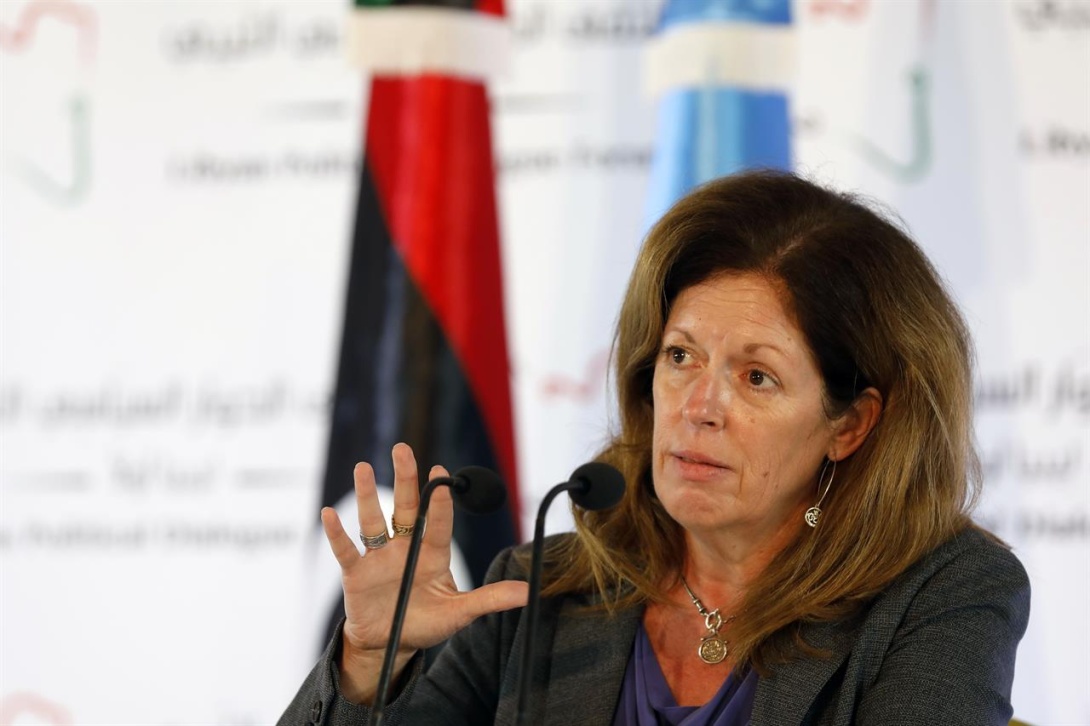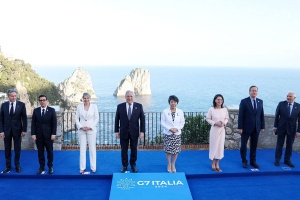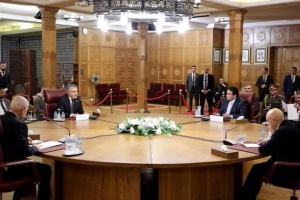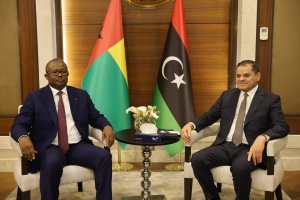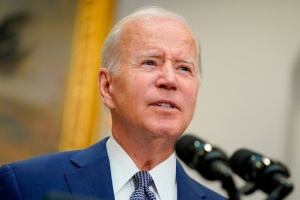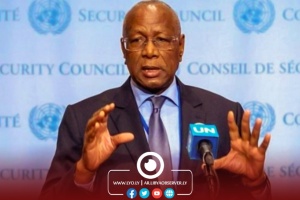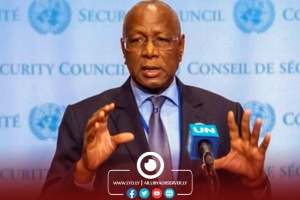The former Head of UN Support Mission in Libya (UNSMIL) Stephanie Williams said since the outbreak of the 2011 February revolution that toppled longtime Libyan dictator, Muammar Gaddafi, foreign interference has been the norm rather than the exception in Libya’s longstanding crisis, telling Saudi Al Majalla newspaper that in some cases, foreign actors have exploited Libya’s fractures and taken advantage of the fragility of the non-state. She also said that blame also lied with Libya’s ruling elite for being overly eager to cheaply barter their country’s sovereignty.
Williams added that shifting regional alliances, the international community should continue to use the Berlin architecture to support UN mediation and meet the aspirations of the Libyan people for an end to the country’s long transition.
"Libya is a land of paradoxes. A nation that was founded by the United Nations in 1951 and for 18 years, thereafter, basked in the warm embrace of international alliances was, in 1969, plunged into four decades of quixotic and brutal one-man rule." She said.
"During this period, Libya became an international pariah, under multiple sanctions, with its people increasingly isolated in the world.
That began to change in the early 2000s when Libyan dictator Muammar Gaddafi changed course, renouncing his WMD programme and the campaign of state-sponsored terrorism he had doggedly pursued for many years." Williams added.
She said the post-2011 Libyan ruling elite complains about foreign interference, especially if it threatens their personal standing, but the truth is that the interfering countries have, for the most part, been pushing on an open door, invited in by the quarrelling Libyan parties. This pattern was partially established during the 2011 uprising when NATO members and their Arab allies established discrete relationships with various armed groups that had formed to battle Gaddafi's forces.
"Countries with interests in Libya have used their armed proxies on the ground to advance the full range of their national (and competing) priorities: counter-terrorism, counter-migration, oil, counter-Islamism, counter-democracy, exploitation of Libya's riches or to secure bases on the country's geostrategically valuable terrain." Williams explained.
She added that what gets lost in these international and regional machinations are the voices of the Libyan people, particularly the 2.8 million who continue to call for ending Libya's 12-year-long transition through presidential and parliamentary elections on a consensually-agreed constitutional basis.
"At the very minimum, the international community needs to honour their wishes and support the rule of law, respect for human rights and accountability in Libya. There is no need to reinvent the wheel with regard to international architecture, specifically, the Berlin Process and its associated working groups." She said.
Williams indicated that the factors that formed the basis upon which the process was designed still pertain: a mostly dysfunctional and quarrelsome Security Council and transactionalism in bilateral approaches to the country. She said this international umbrella is also needed to support UN mediation and to put pressure on the Libyan protagonists.

